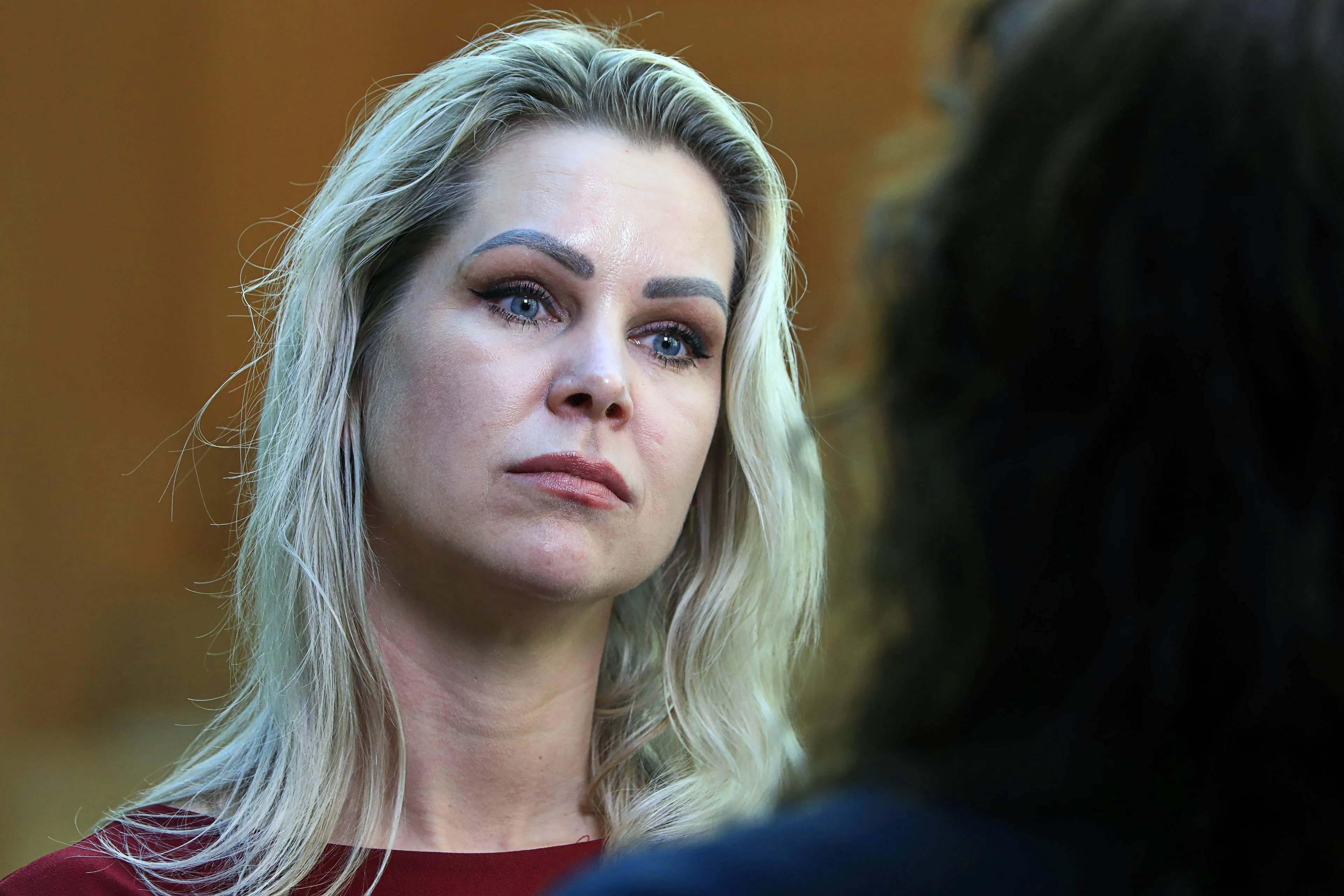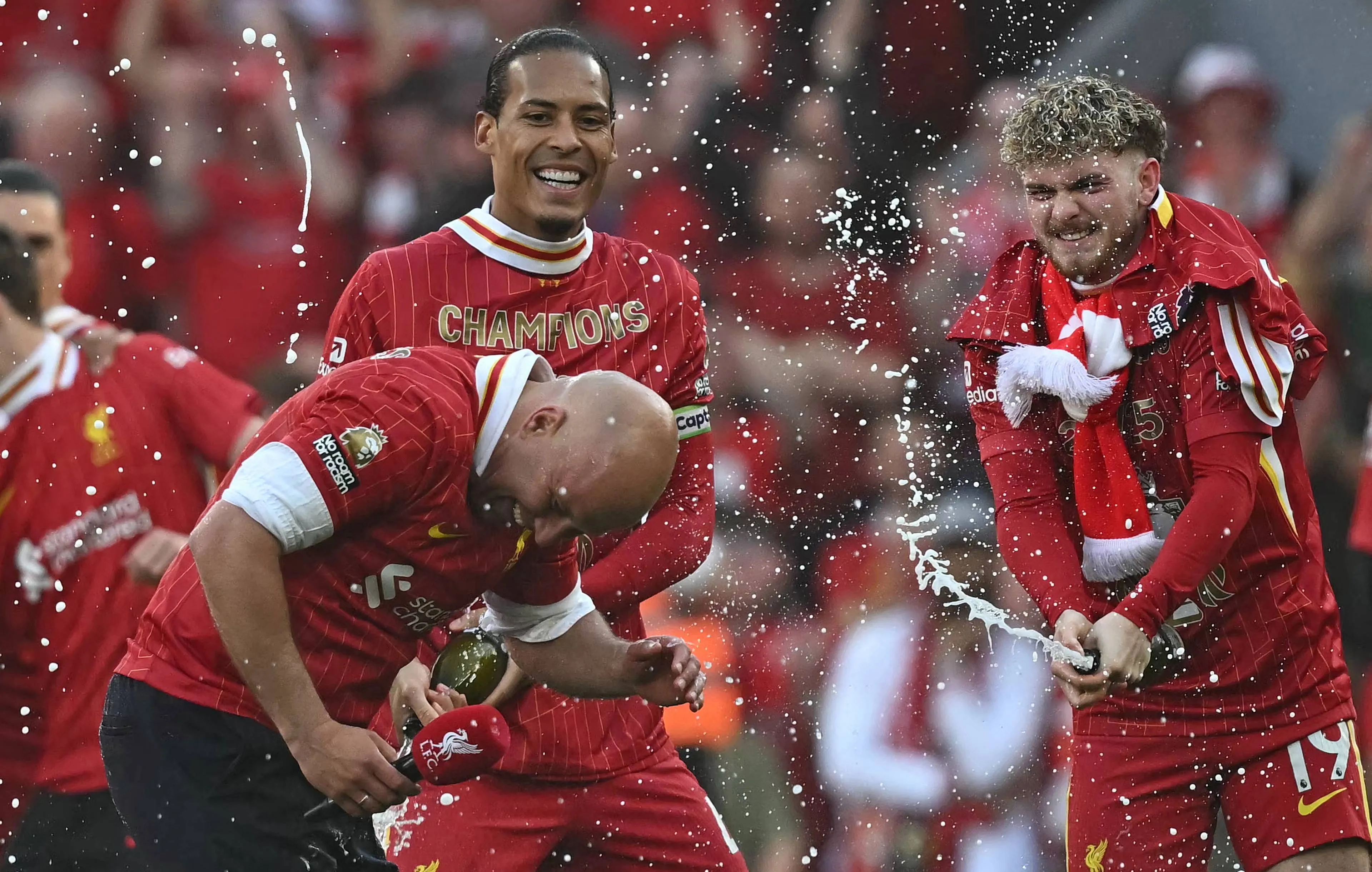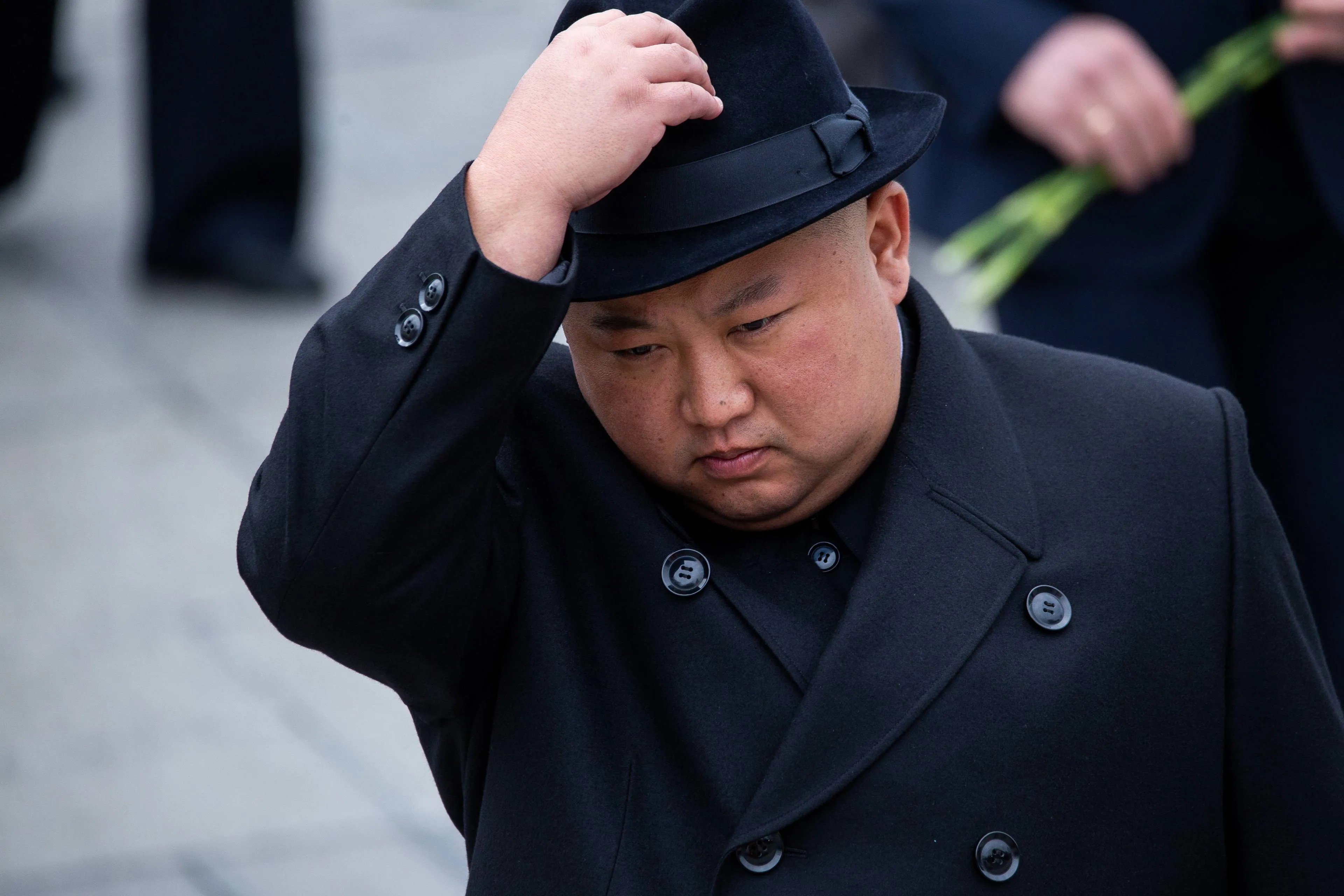Normalisering klimaatdebat in Engeland
Waarom kunnen wetenschappers wanneer het om klimaat gaat niet gewoon discussiëren, zoals ook op alle andere wetenschapsterreinen gebeurt?
In ons land zijn we gelukkig al een eind gevorderd met de normalisering van het klimaatdebat. Er is over en weer begrip gegroeid tussen protagonisten en antagonisten van de menselijke broeikashypothese (AGW = 'Anthropogenic Global Warming'). Vertegenwoordigers van beide kampen zijn het niet met elkaar eens, maar er kan tenminste normaal worden gepraat zonder moddergooien. Een mijlpaal in deze ontwikkeling was de voordracht van de Amerikaanse klimaatscepticus Fred Singer bij het KNMI, die met een gezellig gezamenlijk diner werd besloten.
In Engeland heeft Nic Lewis (die onlangs samen met Marcel Crok een artikel heeft geschreven over klimaatgevoeligheid) het initiatief genomen om een brug te bouwen tussen AGWers en klimaatsceptici. Hij heeft een aantal bij hem thuis uitgenodigd voor een etentje. Dat bleek een schot in de roos.
Onder de titel, 'Climate consensus: scientists and sceptics suspend hostilities', rapporteerde Sophie Yeo voor 'Global Climate Change News & Analysis':
Twitter adversaries meet over dinner to discuss the climate debate, and why everyone hates each other so much.
Twelve scientists and sceptics have met privately to discuss how to suck the venom out of the climate change debate. It was one of sciences strangest social events to date. Some of the best known names in the climate debate including Mail on Sunday journalist David Rose, blogger Anthony Watts, and Met Office scientist Richard Betts shared salmon and civilities at a dinner party last month.
Hosted by the sceptical scientist Nicholas Lewis at his house in Bath in September, the group discussed their similarities, differences, and how they might calm the debate that rages across the pathologically provocative medium of Twitter.
Both sides are really fed up with the outrageous alarmists who are not representing science properly. Both dont like those who shout about it and call people names and take a polarised point of view, says David Whitehouse from the sceptic think-tank The Global Warming Policy Foundation.
The idea that there is some wiggle room when it comes to the facts of climate science is not always a popular one. The scientific consensus has already spelled out the catastrophic implications of delaying action on climate change, so fussing around uncertainties can be perceived as unhelpful.
Yet, when it comes to details, the scientists are as willing to admit it as the sceptics: the science is not settled not fully and the insults slung around online only hinder the process of rational scientific debate.
When people say the science is settled, they mean there is such as thing as anthropogenic climate change. Where its not settled is the rate of change, how much its going to warm, how fast itll warm under different levels of CO2 and exactly how it will affect different regions, says Ted Shepherd, a climate scientist at Reading University and Grantham Chair in Climate Science.
Its not like climate scientists agree on everything by any means, so theres no reason sceptics cant come into that discussion....
The dinnertime was a communications exercise as much as a scientific one, providing an opportunity for the rivals to engage beyond the antagonistic Twittersphere.
Communication isnt one way, its two ways. You have to understand the audience and theres no doubt that climate sceptics are part of my audience. And they think Im part of their audience, said the Met Offices Richard Betts, a keen Twitter user.
He added that one of the criticisms that could be launched at his decision to meet with the sceptics was that it could be seen as condoning the more extreme views that he says they let be taken seriously on their blogs.
As a scientist, Im not trying to build anyones credibility. Im just trying to discuss the science with all the stakeholders, he said.
For the sceptics, the motivation for the meeting centered on shifting the perception of them as denialists to proficient scientists who can contribute to the debate. ...
Will it change the tone of the debate? Everyone agreed that is an ongoing process.
Has it helped at all? The value of building a contact book when it comes to communicating climate science cannot be underestimated, they agree.
Its built a few personal bridges, says Shepherd. Now I have some contacts and if I did want to contact them because I didnt like something they wrote in the newspaper, I could call them up and say I dont agree that youre providing a balanced view. ...
Lees verder hier.
Wat er verder ook uit moge komen, het is in ieder geval een stap in de goede richting.
Marcel Crok (coauteur met Nic Lewis) was de enige Nederlandse deelnemer aan de bijeenkomst. Het recente interview van Petra Pronk met Marcel Crok heb ik onlangs aan mijn You Tube website toegevoegd. Zie hier.
Aanbevolen voor klimatofielen van alle gezindten!
Voor mijn eerdere DDS-bijdragen zie hier.
Bijschrift bij onderstaande foto:
Starting with the front row from left to right: Prof. Paul Valdes, of Bristol University, Prof. David Whitehouse of the Global Warming Policy Foundation, David Holland independent climate and FOIA researcher, Prof. Ed Hawkins researcher at Reading University, Anthony Watts blogger, Prof. Ted Shepherd of Reading University, Prof. Tamsin Edwards, researcher at Bristol University. Top row from left to right: Prof. Richard Betts of the Met Office, Marcel Crok, Dutch freelance science writer and initiator of climatedialogue.org, David Rose of the Mail on Sunday newspaper, Prof. Michael Kelly of Technology at Cambridge University, and Nicholas Lewis independent climate scientist.
Ga verder met lezen
Dit vind je misschien ook leuk
Laat mensen jouw mening weten


